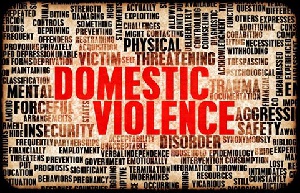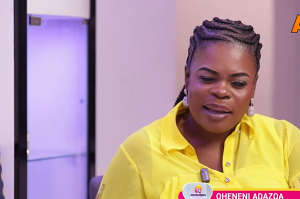The National Director for Domestic Violence and Victim Support Unit (DOVVSU), Supt. Evelyn Borbor has disclosed that domestic violence against men has shot up to about 20%.
According to her, the situation is worrying and that they are taking steps to resolve them.
Speaking on Okay FM’s 'Ade Akye Abia' program, she explained that men suffer a wide range of abuses from emotional to physical.
She said in 2017, statistics was around 18% but it shot up to 20% in 2018, because the narrative is changing when it comes to domestic violence against women.
"As an institution set up to address these challenges, we hope to reduce the issue of domestic violence and ensure that domestic violence against men, women, and children is reduced drastically," she said.
The Domestic Violence and Victim Support Unit (DOVVSU) is a unit in the Ghana Police Service. It has the capacity to oversee matters of domestic abuse against women and children. DOVVSU has a mission to prevent, apprehend and prosecute culprits of domestic violence and child abuse.
The unit provides support and protection for victims of domestic abuse by interrelating activities with the Department of Social Welfare, the International Federation of Women Lawyers and the Legal Aid Board.
DOVVSU assists victims of sexual abuse, physical assault, fraud, and neglect. DOVVSU is also mandated by the 1992 Constitution of the Republic of Ghana, the Police Service Act, the Criminal and other Offences Act, Act 29/60, the Children’s Act, Act, 560 /98, the Juvenile Justice Act, Act 653/2003, Ghana Domestic Violence Act (Act 732) 2007.
DOVVSU previously Women and Juvenile Unit (WAJU) was introduced in October 1998 as a special unit to handle violence against the vulnerable. Assigned a new name to Domestic Violence and Victim Support Unit in 2005, is composed of police personnel with offices in all regional capitals and desks in the majority of districts in Ghana.
Watch video below
General News of Tuesday, 26 November 2019
Source: peacefmonline.com













